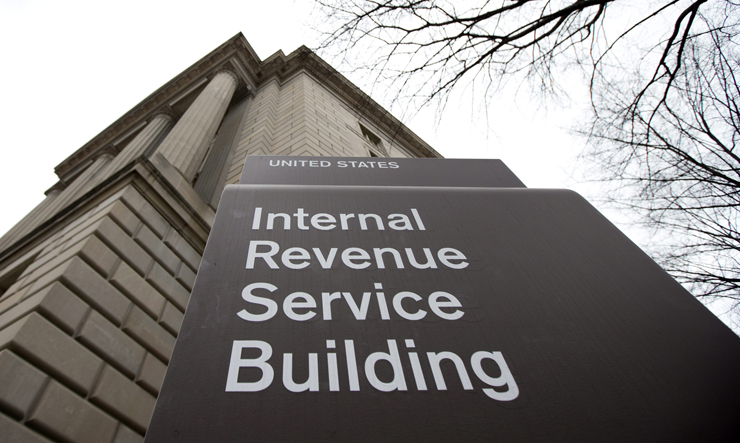Canada and the United States have signed a tax deal under which Canadian banks will try to identify accounts held by American citizens and report them indirectly to the IRS, using the CRA as a go-between.

The arrangement solves a problem for the banks, which were caught between facing a punitive 30 per cent tax on their U.S. investments under the Foreign Account Tax Compliance Act if they didn’t sign on to the disclosure agreement, and potential breaches of Canadian privacy law if they dealt directly with the IRS.
It has been decried by dual citizens and Americans in Canada as a violation of privacy and a way for the IRS to keep tabs on people with no financial ties to the U.S.
READ: Why are so many American expats giving up citizenship? It’s a taxing issue
Finance Minister Jim Flaherty’s office announced the deal Wednesday. It takes effect July 1.
Canada signed on relatively late: The corresponding U.S. deal with Britain was signed in late 2012.
Canada’s signature comes despite Flaherty’s past hostility to the legislation. In a 2011 letter, he wrote that “to rigidly impose FATCA on our citizens and financial institutions would not accomplish anything except waste resources on all sides.”
The number of U.S. citizens in Canada depends whom you ask: The U.S. State Department estimates that about a million Americans live here, while the 2006 census found about 300,000 people in Canada self-identifying as U.S. citizens. (The difference may be accounted for by Canadians who were born in the United States, or who have an American parent, but don’t consider themselves American.)
- Trudeau says ‘good luck’ to Saskatchewan premier in carbon price spat
- Canadians more likely to eat food past best-before date. What are the risks?
- Hundreds mourn 16-year-old Halifax homicide victim: ‘The youth are feeling it’
- On the ‘frontline’: Toronto-area residents hiring security firms to fight auto theft
Canadians with green cards, even if they have left the United States, are also affected.
READ: More than 3,100 Americans renounced citizenship last year
The deal exempts many common registered accounts such as RRSPs and tax-free savings accounts.
Under the agreement, banks must treat clients with “U.S. indicia,” like a U.S. birthplace, as American unless the client certifies that they’re not a U.S. citizen, prove they’re a citizen of another country and produce a U.S. Certificate of Loss of Nationality, or a “reasonable explanation” of why they don’t have one.
“Information will flow both ways between the tax administrations of the two countries to assist each in administering its own domestic tax laws,” Finance Canada’s release says. “The information exchanged will provide tax authorities with greater information on accounts held by their taxpayers in the other country.”
But since the two countries’ tax systems work differently – the United States requires citizens to file returns wherever they live in the world; Canada (and other Western countries) don’t – the agreement can’t be reciprocal, argues McGill University tax law professor Allison Christians.
“In order to share information with the United States, you have to agree to look for people who the United States considers to have U.S. status, even if they are citizens and residents of your own country. The United States will never do that for Canada, because we don’t tax people on the basis of status. That means that the United States would never have its banks go through and ask for indicia of Canadian status under Canadian law. They would never do what they’re asking Canada to do.”
How will FATCA interact with the Charter? The Canadian courts may get a chance to decide. Retired law professor Peter Hogg, an expert on the Charter of Rights, wrote in 2012 that an agreement would be “discriminatory in a way that would not withstand Charter scrutiny.”
But a legal response to Hogg’s letter, published in June of 2013, takes an opposite argument.
FATCA’s vulnerability to Charter challenge is a liability for the Canadian banks, Christians observes: If the banks suddenly couldn’t comply with FATCA, punitive taxes on their U.S. investments would kick in.
“It’s the way the law is written,” she explains. “What would happen is a different question. But if you agree to be compliant, and if you’re not, at some time in the future, then you go back to having economic sanctions.”
In a release Wednesday, the Canadian Bankers Association called the agreement “the best approach under the circumstances.”
“While we understand that the U.S. government is attempting to address tax evasion, we have opposed how they are going about it with FATCA,” the release said. “Canada is not a tax haven and Americans do not move here to evade taxation.”
READ: Canada-U.S. FATCA agreement




Comments